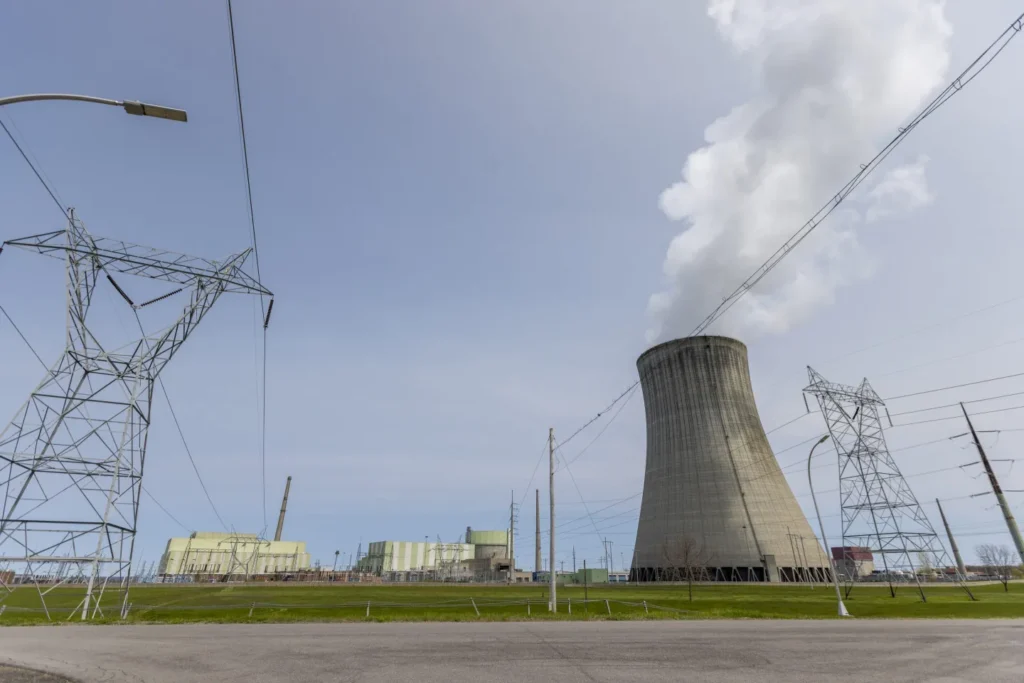Google’s Bold Move: Backing Nuclear Power to Fuel AI Advancements

Google has entered a new partnership in the field of nuclear energy, joining hands with Kairos Power to build small nuclear reactors across the U.S. This collaboration marks the first agreement of its kind, with the first reactor expected to go online by 2030 and additional reactors planned for deployment by 2035. The project aims to generate 500 megawatts of electricity, enough to power Google’s AI technologies and support a mid-sized city.
In a recent blog post, Google emphasized the importance of nuclear energy as a clean and reliable power source, offering carbon-free electricity every hour of every day. The company noted that developing these power solutions in collaboration with local communities will help accelerate the decarbonization of electricity grids globally.
The reactors being developed by Kairos Power differ from traditional large nuclear plants. They use a molten salt cooling system, which operates at lower pressure than conventional reactors. This innovative technology makes the reactors safer and more efficient. Earlier this year, Kairos began constructing a demonstration reactor in Tennessee, which will remain unpowered for now. However, this new design signals a shift toward more advanced, smaller-scale nuclear energy solutions.
Although Google hasn’t disclosed the costs or specific locations for the reactors, this initiative represents a major step toward integrating nuclear power into the operations of a large tech company. The clean energy generated from these reactors is intended to meet the growing energy demands of AI and other computational needs. Nuclear energy offers a sustainable solution for powering the increasingly resource-intensive infrastructure required by AI technologies.
Google’s announcement comes on the heels of Microsoft’s own partnership with Constellation Energy. Microsoft plans to revive the undamaged parts of the infamous Three Mile Island reactor to power its AI data centers. This site was the location of the worst nuclear accident in U.S. history, but the plan aims to use safe, operational components to fuel the company’s tech infrastructure.
As AI and data centers expand, experts are raising concerns about the potential strain on power grids. A report from Grid Strategies reveals that power demand in North America is expected to double over the next nine years. In the previous five-year forecast, growth was projected at 2.6%, but that number has now surged to 4.7%. Peak electricity demand is anticipated to grow by 38 gigawatts, which is enough to power approximately 12.7 million homes.
These partnerships highlight the urgent need for sustainable energy solutions to keep pace with the rapid development of AI and other technologies. Both Google and Microsoft’s involvement in nuclear energy shows a growing recognition of the importance of carbon-free power sources to meet future energy demands. As AI’s influence continues to expand, so too will the need for clean, reliable energy, making nuclear power a key player in shaping the future of tech infrastructure.
